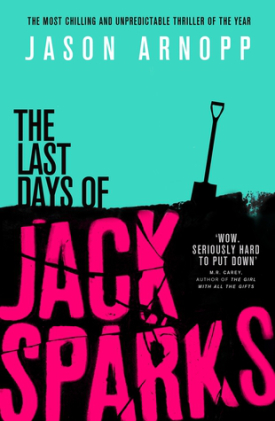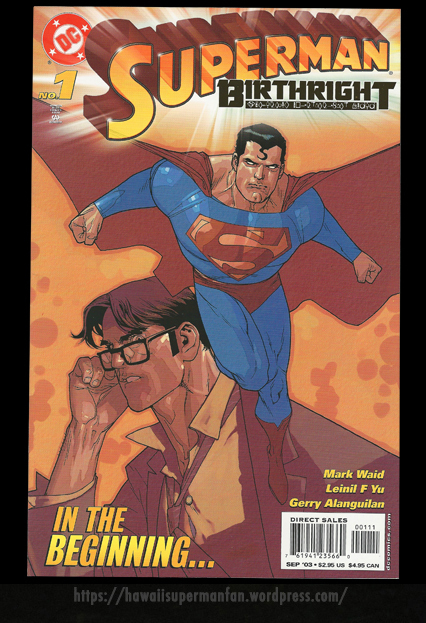 I am a complete sucker for unreliable narrators in books. There’s something so exciting about realizing that what you’re getting is a subjective account of things, not an objective one; it tells you that not only are you in the hands of a talented author who’s managed to fully create a rich voice that’s drawn you in, it sets you up to engage with the book more, questioning its conclusions and events, which only makes the book more gripping and interesting. And even better is when the unreliable narrator combines with an antihero or a deeply flawed hero; the English teacher part of me finds complex, morally gray (or even dark) characters fascinating, if only for the burst of interest and uncertainty they add to a story.
I am a complete sucker for unreliable narrators in books. There’s something so exciting about realizing that what you’re getting is a subjective account of things, not an objective one; it tells you that not only are you in the hands of a talented author who’s managed to fully create a rich voice that’s drawn you in, it sets you up to engage with the book more, questioning its conclusions and events, which only makes the book more gripping and interesting. And even better is when the unreliable narrator combines with an antihero or a deeply flawed hero; the English teacher part of me finds complex, morally gray (or even dark) characters fascinating, if only for the burst of interest and uncertainty they add to a story.
So it’s really not a surprise that I loved The Last Days of Jack Sparks, which gives us a thoroughly subjective account of its title character’s final days, as written in his posthumously published manuscript Jack Sparks On the Supernatural. Jack Sparks is a larger than life figure – a bit of Richard Dawkins, a lot of Hunter S. Thompson, a bit of Russell Brand – you get the picture. He’s a journalist, but one who thrives on his cult of personality; at their core, every story Jack writes is more about him than the nominal subject. And so, as Jack started writing On the Supernatural, it should be clear: this book was more about Jack bringing his skepticism and doubt to bear, mocking everyone involved in the process.
But given the fact that Jack died while writing the book – and given how…unusual…the second half of the book gets, it’s safe to say that things didn’t go as planned. But, as Jack’s brother Alistair explains in his foreword to the book, publishing the book seems like the best way to deal with all of the questions raised by Jack’s death, and the doubts that people have raised about what happened. Not only that, but Alistair has added in some footnotes that allow him to add some “context” to things that Jack says, as well as a number of interviews with people from Jack’s book that re-tell the stories he told from a very, very different perspective.
In other words, what we’re getting is a book written by an author who’s got a personality to sell and a grudge to work out, edited by a brother who’s protecting his own reputation, and with characters from the book constantly undercutting what we’re being told.
And did I mention that it’s a) often very funny and b) scary as all hell? Because, man, is it ever both of those things and then some, particularly in the book’s wilder, less contained second half.
So much of the joy of The Last Days of Jack Sparks comes from author Jason Arnopp’s conception of Jack’s voice. Admittedly, more than a few people have commented that Jack’s ego and obnoxious attitude can make him hard to take, and that’s undeniably true; on the other hand, Arnopp’s decision to constantly undercut Jack by showing us different perspectives after each chapter gives us a hint early on that not all should be taken as literal truth here, and that Jack is far less cocky – and far more troubled – than he’s letting on in his book. More than that, it forces us to filter everything we’re reading, and question how much of Jack’s running monologue is fact, how much is bias, and how much is willful self-delusion, as Jack constantly tries to wave away things that are clearly terrifying him.
And all of that is before the book takes some seriously wild turns in the back half, as Arnopp starts twisting and turning the narrative in on itself, making connections I had never guessed, hinting at conclusions that he never explicitly draws, and making you realize just how densely plotted this book has been from the get-go, even when you didn’t think it was. Add to that some genuinely nightmarish, disturbing scares – there’s a seance in a recording studio that’s one of the scariest sequences of its type I’ve read in a long time, and that’s nothing compared to a hellish vision granted to Jack near the story’s end – and you’ve got a book that’s wild, unpredictable, hard to categorize, incredibly inventive, and so well-told. In other words, all things that I couldn’t love more if I tried.
The Last Days of Jack Sparks isn’t, as you can probably tell, anything close to a conventional horror novel. It’s postmodern in some ways, telling a version of ghost stories and demonic possession for a modern age, and using some of the tropes of “found fiction” stories in novel form. (In so many ways, it’s a great counterpart to Paul Tremblay’s A Head Full of Ghosts, which I read recently, and engages with similar concepts in very, very different ways.) It hinges on an obnoxious, unlikable hero, and forces you to constantly assess how much truth there is in anything you’re reading. And it goes to dark places, but finds something wholly new and odd there to do, telling a ghost story with a ghost that’s very unlike almost any other one that I know. That it does all this while moving like a rocket, being generally funny and light, and creating such a rich character, and scaring the crap out of you? That’s more than enough for any one book, and it makes for an incredible debut novel. I’m sold, Jason Arnopp – bring on whatever else you’ve got.
Amazon Advertisements Share this:
![20171231_110343_001[1]](/ai/021/110/21110.jpg)



